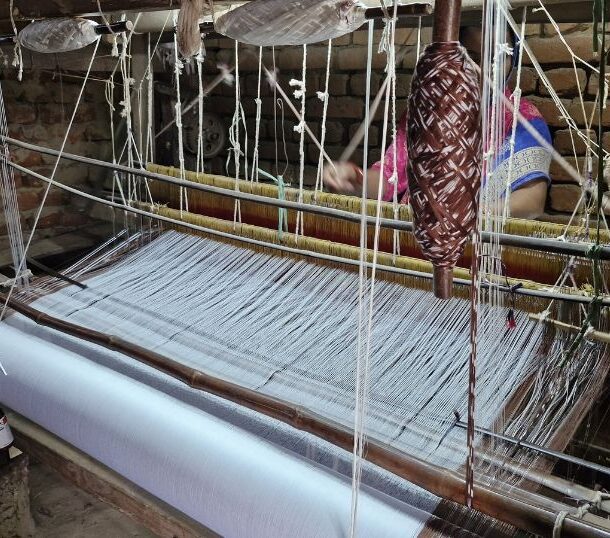
Millet Magic: Turning Tradition into Prosperity for Tribal Women
Millet Magic: Turning Tradition into Prosperity for Tribal Women
Orissa: Paralakhamundi, Gajapati District
Project Synopsis
The project “Millet Magic: Fostering Sustainable Livelihoods for Tribal Women in Odisha”, supported by the SBI Foundation, is aimed at empowering 100 tribal women in Gajapati district. The goal is to help them build millet-based businesses that provide steady income while also promoting the nutritional benefits of millets. The project focuses on turning millet, once grown mainly for household use, into value-added products such as flour, laddus, arisa pitha, biscuits, noodles, and puffed snacks. This will improve incomes while encouraging millet consumption in the community.

Project Objectives
The project aims to support women by creating small enterprises, forming a women-led Producer Company, and training them in modern food processing, hygiene, quality control, financial literacy, digital literacy, and group management. It also works on building infrastructure like processing units, packaging facilities, and quality testing labs, while securing certifications such as FSSAI and GMP. Along with this, strong market linkages are being built through exhibitions, buyer-seller meets, and partnerships with e-commerce platforms such as Amazon, Flipkart, and Big Basket.

Pre intervention
Before the project, most women earned their livelihoods through subsistence farming, daily wage work, or collecting forest produce. Their incomes were low and irregular, ranging from ₹5,000 to ₹15,000 per household per month. They had small plots of land, mostly without irrigation, and no access to proper storage or processing facilities. Surplus millets were either consumed locally or sold to middlemen at low prices. The women had little or no exposure to packaging, branding, or organized markets, and millets were often seen as a “poor man’s food.”
Challenges
The main challenges included lack of technical skills in millet processing, poor access to infrastructure and markets, dependence on middlemen, and limited awareness about the growing demand for millet products. Women also had low digital literacy, minimal financial knowledge, and limited exposure to government schemes or formal enterprises.

Approach taken by FMC
The project is being implemented through a hub-and-spoke model, with one central processing hub and five spoke units for product development. Training is being provided on product preparation, branding, financial literacy, and digital marketing. A Producer Company has been initiated to ensure women’s collective ownership and sustainability. Efforts are being made to get all necessary certifications and link the enterprises with both offline and online markets. Capacity building, awareness campaigns, and market promotion are all integrated into the approach.
Expected Impact and Outcomes
By the end of the project, it is expected that the enterprises will generate a turnover of around ₹3.75 crore. Each woman will see an increase of about ₹4,000 in her monthly income. The women will become skilled in enterprise management, digital tools, and financial planning. At the same time, consumer awareness of millets will increase, helping improve household nutrition. The project will also create a replicable model for millet-based rural enterprises led by women.

Current Status
At present, the project has mobilized 100 tribal women from six villages. Community awareness sessions have been held, and 13 women have been nominated as directors for the Producer Company. Land has been identified for setting up the central processing hub, and infrastructure planning is in progress. Training modules are being prepared to address the women’s skill gaps. The women are motivated and willing to participate actively, and the project has begun its implementation journey.



